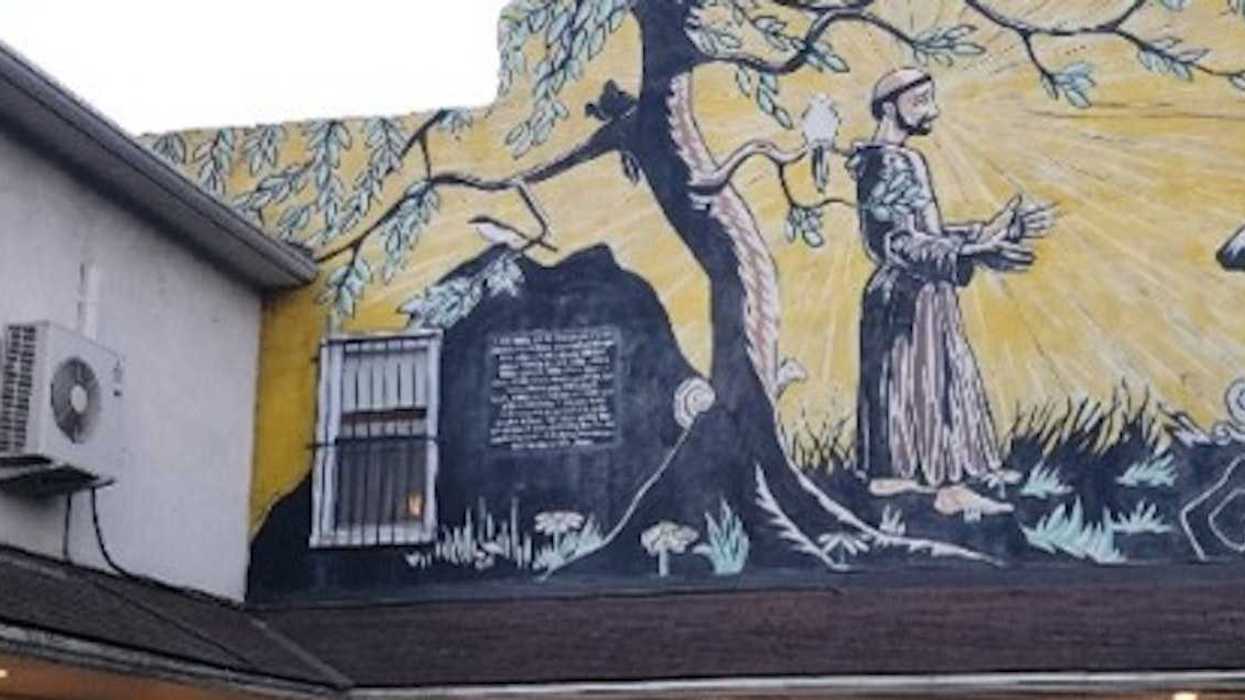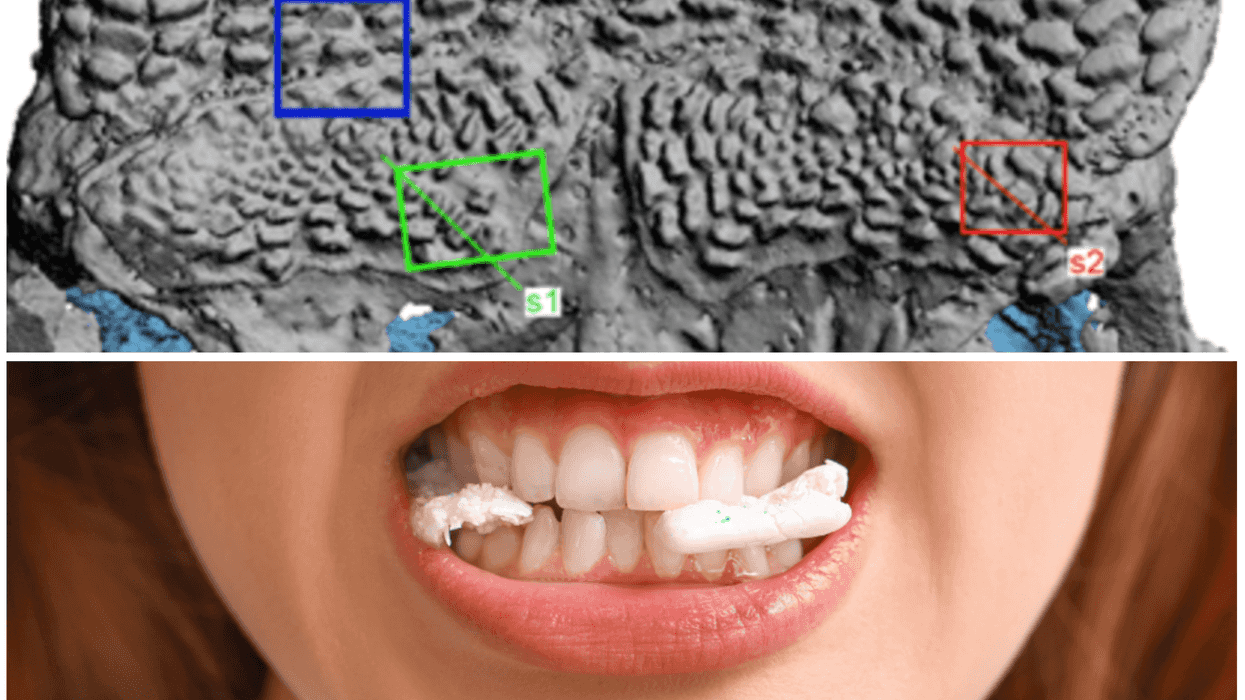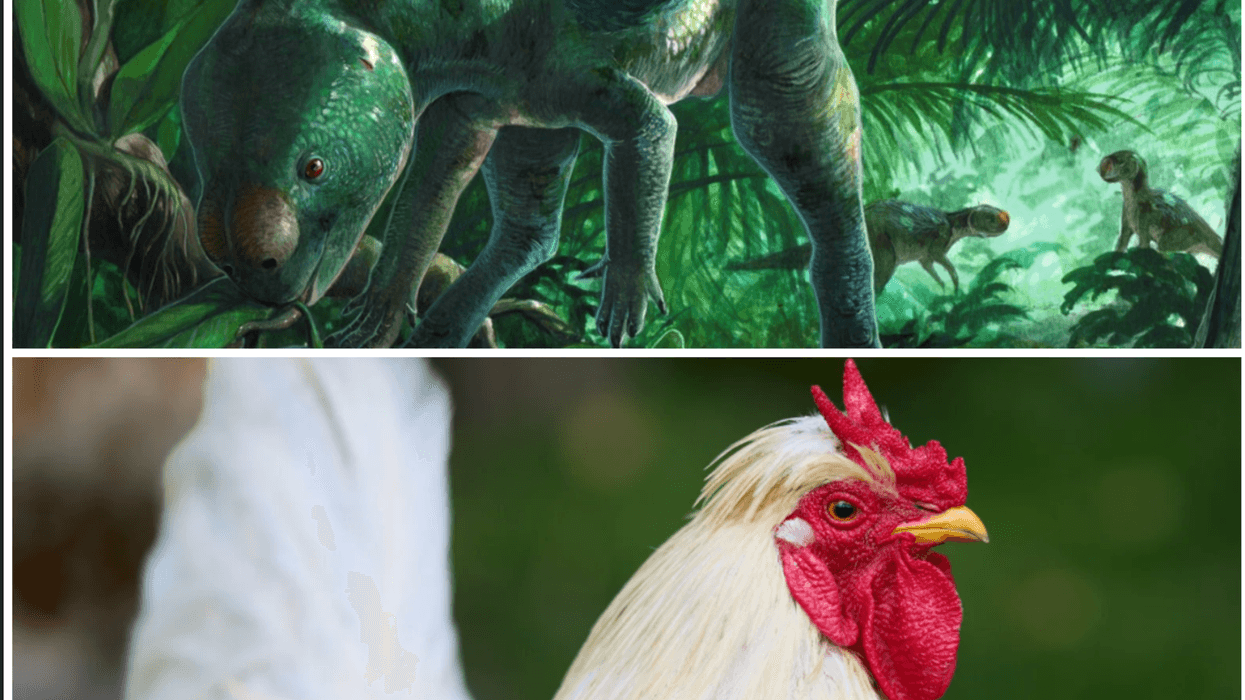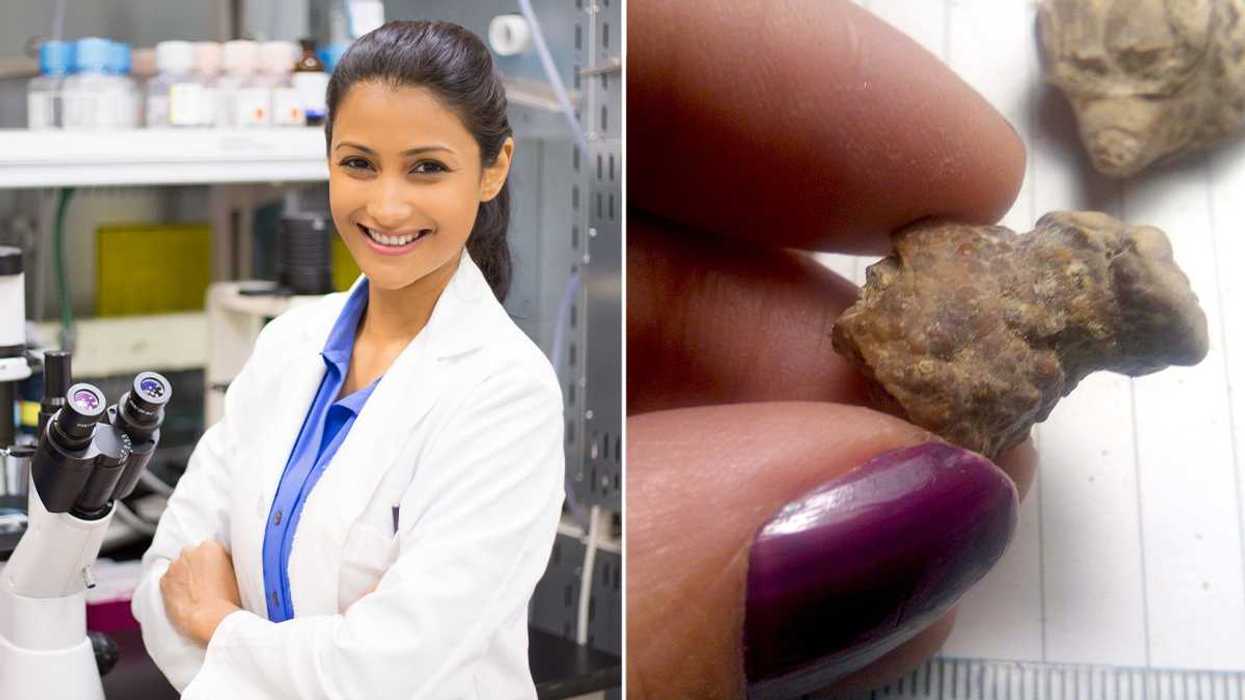Sometime in the late-19th/early-20th century, the professors at our colleges and universities decided that being members of an exclusive club was more important than making oodles of cash. That's according to Harvard English professor and New Yorker contributor Louis Menand, who writes about the gulf between the real world and academia in his new book The Marketplace of Ideas. Simply put: The academy is not interacting with the rest of the world, which its ideas, ultimately, should serve and aid.Menand criticizes academics as no longer being in the business of holding court as public intellectuals (or creating them), but rather developing a fraternity-like system that assures that new ideas and knowledge will be held close to the tweed vest by generations of like-minded people. In order to stay free from the encroachment of the marketplace, it's cranking out boffins and not, in the parlance of Malcolm Gladwell, "mavens," who bring information to the general public.As proof of the uniformity of academia (as pointed out in Slate's celebratory review of the book), Menand notes that in the 2004 presidential election, John Kerry enjoyed the support of 95 percent of humanities professors. He got that nugget from as-yet-unpublished research from two sociologists, who determined that professor is the occupation that identifies most with being politically liberal (43 percent identify as liberal, whereas only 9 percent cop to being conservative.)The New York Times discussed the findings this weekend, noting that:
Nearly half of the political lopsidedness in academia can be traced to four characteristics that liberals in general, and professors in particular, share: advanced degrees; a nonconservative religious theology (which includes liberal Protestants and Jews, and the nonreligious); an expressed tolerance for controversial ideas; and a disparity between education and income.Further, right wing attacks against liberal academics and the liberal media (journalist is the second most-liberal occupation) assure that these patterns will continue.How can we break this cycle? And should we? (I might not be the most objective person to answer since I am, after all, a journalist.)Photo via
















 Otis knew before they did.
Otis knew before they did.